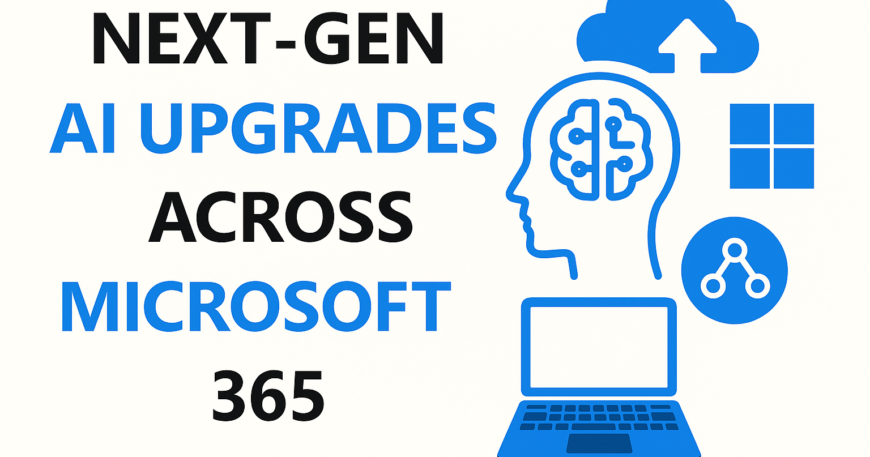Microsoft CEO Satya Nadella has once again set the stage for the future of productivity by teasing a series of AI-powered upgrades coming to Microsoft 365. In a series of posts on X (formerly Twitter), Nadella introduced five transformative features that signal a major leap in how we interact with everyday productivity tools.
Here’s a breakdown of the key innovations:
1. Agent Mode in Excel – A New Era of Data Interaction
Forget formulas and scripts. With Agent Mode, Excel becomes an interactive coding environment. Users can now prompt Copilot directly within their workbook to build complex models and perform data analysis — all without writing a single line of code.
Nadella called it his “new favourite IDE,” highlighting how this feature turns Excel into a powerful, AI-driven modeling tool.
2. Multi-Player AI in Microsoft Teams
Imagine having a project manager, note-taker, and researcher all rolled into one — and available in real-time during meetings. That’s the promise of multi-player AI in Teams.
These collaborative agents operate within group chats, channels, or meetings, allowing multiple users to interact with AI simultaneously. It’s a game-changer for team productivity and decision-making.
3. Knowledge Agent – Enterprise Intelligence at Your Fingertips
The Knowledge Agent taps into your organization’s enterprise graph data to surface relevant insights across Microsoft’s ecosystem. Whether you’re preparing a report or making strategic decisions, this agent ensures you have the right information at the right time.
4. GitHub for Teams – Seamless Developer Collaboration
Developers can now jump from chat to code with GitHub for Teams. This feature bridges the gap between communication and development, enabling smoother workflows and faster iterations.
5. Model Choice – Flexibility in AI Integration
In a bold move, Microsoft is introducing model choice within its Researcher tool. Users will be able to switch between OpenAI and Anthropic models, selecting the one that best fits their workflow or use case.
This flexibility underscores Microsoft’s commitment to “model-forward innovation”, allowing users to tailor AI experiences to their needs.




